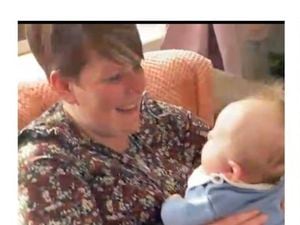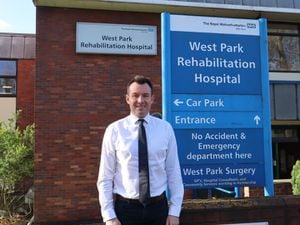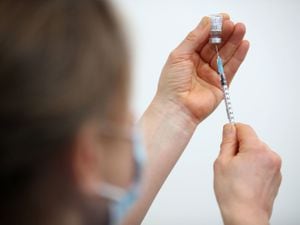Rising workload as number of GPs falls in Black Country and Staffordshire
The number of family doctors across the Black Country and Staffordshire has dropped, new figures show.

Reports show that GP numbers have fallen in the UK over the last five years, with doctors warning they are seeing more patients than they think is safe.
NHS Digital data has shown that the number of family GPs has dropped since 2015 in Walsall, Stafford, and Sandwell – although the figure has risen slightly in Wolverhampton and Dudley.
More coverage:
Express & Star comment: Alarm bells ringing on dip in GPs
An analysis by the Nuffield Trust found that the number of GPs per 100,000 people across the UK has fallen, from nearly 65 in 2014 to 60 last year – the first sustained fall of this kind since the late 1960s.
There were the equivalent of 150 full-time GPs in the Walsall area in December 2018, 53 for every 100,000 people. But this is a drop in numbers compared to the 176 GPs there were in September 2015.
In Sandwell and West Birmingham there were 306 GPs in December 2018, less than the 312 in 2015. This is an estimated 61 GPs for every 100,000 people.
Elsewhere in the Stafford area there are just 74 full-time GPs – 48 for every 100,000 people. It is a drop compared to the 82 that were working four years ago.
However, in Dudley there are 202 GPs – 63 for every 100,000 and more than the 193 that were working in September 2015.
It is a similar story in Wolverhampton CCG with 161 GPs, a rise of 10 and an estimated 62 doctors for every 100,000 people. In September 2015 there were only 151 in the area.
A recent survey of GPs revealed many are working an average 11-hour day, including eight hours of clinical care and three hours of admin.
On average, each family doctor dealt with 41 patients per day, despite saying 30 was a safe number.
Professor Helen Stokes-Lampard, of the Royal College of GPs, said: “In my own practice recently, I had a 12-hour day and 100 patient contacts. GPs across the UK will tell similar stories.”
Professor Clare Gerada, former chairwoman of the RCGP, said there is a risk tired GPs could make mistakes, and high numbers of patients added to this.
"You could miss a result or misread a letter, or you don't focus on the right symptom or ask the right question," she said.
A report in March from the King's Fund, Nuffield Trust and Health Foundation predicted that GP shortages in England will almost triple to 7,000 by 2023-24.
It said the Government would miss its target to recruit 5,000 more GPs by 2020 and the only way to cope with the growing workload was to put more pharmacists and physiotherapists into GP practices.





